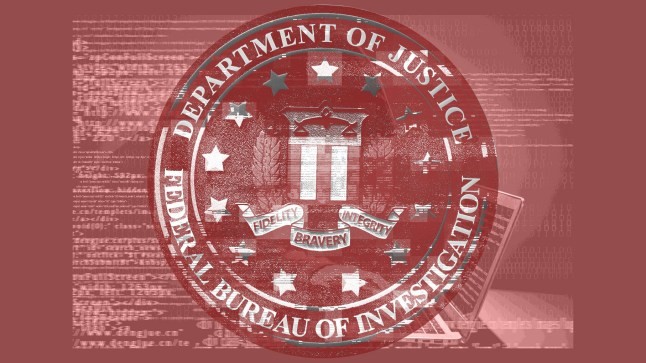The FBI’s Cyber-Crime Reporting Portal Was Hijacked by Scammers — A Fake IC3 Site Lures You Into Handing Over Personal Data
In a cruel twist of irony, scammers have spoofed the FBI’s cybercrime reporting portal, the IC3 site, creating fake pages that mimic the legitimate government site. These spoofed pages often look nearly identical, with only tiny changes to the domain name or spelling. The goal is to harvest personal information: your name, home address, phone number, email, and even banking details.

In This Article:
What Happened: How Spoof IC3 Sites Operate
Threat actors create spoofed websites designed to impersonate legitimate sites and may be used for illegal conduct such as personal information theft and to facilitate monetary scams. They often gain credibility by altering recognizable features of real domains, sometimes with alternate spellings or near-identical URLs. People searching for the real IC3 site can land on the fake versions and unknowingly share information. The FBI warns Americans against entering data on spoof IC3 pages.

Why This Matters: The Risk to You
These fake sites are designed to collect personally identifiable information to fuel fraud and financial scams. The IC3 portal is a trusted channel for reporting cybercrime, so handing over data on a spoof site can lead to identity theft. Two red flags to watch for: IC3 does not have social media accounts, and it will never ask for money to recover funds.

How to Protect Yourself: Practical Steps
Type http://www.ic3.gov directly into your browser’s address bar rather than clicking a link from search results. If you must use a search engine, ensure the URL ends with .gov and review the site carefully; avoid sponsored results. Never click on links with suspicious graphics or poor design that imitate a legitimate site. Never share sensitive information unless you are certain the site is legitimate. If you encounter a spoof IC3 site, contact your local FBI field office and report details on the person or company, the communication method, a description of the interaction, and the nature of any financial transaction.

Context: Digital Deception Is a Growing Threat
The PSA follows earlier warnings about 'Phantom Hacker' scams that can put seniors at risk of losing bank savings, retirement, or investments. This incident highlights how criminals exploit trusted institutions to trick people. The public is urged to stay vigilant and report any suspicious activity through official channels. Red flags to remember: no official site will ask for payment to recover funds, and there are no official IC3 social media accounts.


